Ramadan 2017
Good Health during the Holy Month
With Ramadan 2017 just around the corner, being prepared for a happy, safe and manageable fast is exceptionally important.
Knowing how to balance dietary and other health concerns isn’t always clear, so SHEilds blog has decided to gather some of our best advice for good health during the holy month to keep you safe till the arrival of Eid al-Fitr!
10 Health Tips for Ramadan Fasting
Here are our top 10 health tips for Ramadan fasting:
- Make sure your breakfast sets you up for the day: Many say that breakfast is the most important meal of the day and this is doubly true during Ramadan! Make time to prepare a proper Suhoor prior to dawn and ensure the meal is nutritious enough to last you until nightfall. A meal with plenty of carbohydrates which are slowly absorbed is a particularly good idea to set you up for a busy day.
- Maintain a substantial water intake during the night: Between dinner (Iftar) and before dawn (Suhoor) you should drink plenty of water to keep you safely hydrated throughout the day. For most adults, their intake should be roughly 8 glasses of water over the course of the evening and just before dawn. However, ensure you pace yourself and do not attempt to drink large amounts too quickly; you can find detailed advice on water intake in our related blog.
- Ensure you don’t overeat and keep a well-balanced diet during Iftar: While eating during nightfall is important, excessive consumption has the potential to backfire. Overcompensating by eating too much, too quickly is likely to spark indigestion, disrupting sleep and causing other unnecessary health complaints.
- Avoid fried meals or foods rich in salt and sugar: Following a day’s fasting it may be tempting to indulge in richer foods with lots of grease, sugars or salts at your Iftar. Unfortunately, while this might seem like a satisfying choice at the time they can result in a more difficult fast the following day, making you far thirstier and generally dehydrated.
- Moderation prior to meals: Ideally in the build up to Ramadan you should already be reducing the size of your meals to control your appetite. Favourable starters to eat before your evening’s main course include dates, soups and Soups in particular are comforting as a starter since they restore fluids and prepare digestion for the rest of the meal.
- Fish, lean meats, vegetables and other natural foods: These are staple choices for the main meal of the evening and should take the place of any heavily processed foods or snacks to provide lasting nourishment. Balance is key with an ideal Iftar dish including low GI (Glycaemic Index) carbohydrates, some protein (usually in the form of meats) and high fibre foods.
- Sweets in small amounts: Sweets are often desirable following Iftar, with that said they can slowdown digestion and increase cravings so maintaining reasonable moderation is advisable. Leaving a break of two hours should prevent them interfering with the digestion of your main meal.
- Remain active: The drastic change Ramadan presents to eating habits can inadvertently result in reduced physical activity during the month, however it is important to remain active as weight gain may creep up on you unexpectedly. Try to break up long periods of sitting with gentle stretches and walks with a goal of at least 30 minutes of activity every day. If you regularly exercise either moderately or heavily then sessions should take place just before Iftar followed immediately by drinking water to rehydrate and steady consumption of food.
- Cut down on coffee: If you drink coffee you should be reducing your intake prior to Ramadan, severely cutting down or removing it entirely during the month. If you do wish to continue drinking it, then limit yourself to a single cup a couple of hours following your Iftar meal. Be wary of how much you consume either way as coffee can become an unpleasant catalyst for headaches and disruptive sleeping patterns.
- Don’t dismiss medical conditions as a factor: If you have any chronic medical complaints or are unwell prior to Ramadan then it is likely worth consulting a doctor prior to fasting, to make safe adjustments that do not compromise your health. Depending on specifics it may be advisable to take some holiday from your workplace or adjust your hours to accommodate fasting and health more comfortably.
Ultimately finding an exact sensible balance for fasting will vary, but being mindful of the major pitfalls, maintain a balanced diet and being generally prepared is a great place to start.
SHEilds wishes you all a very Happy Ramadan!
SHEilds Ltd

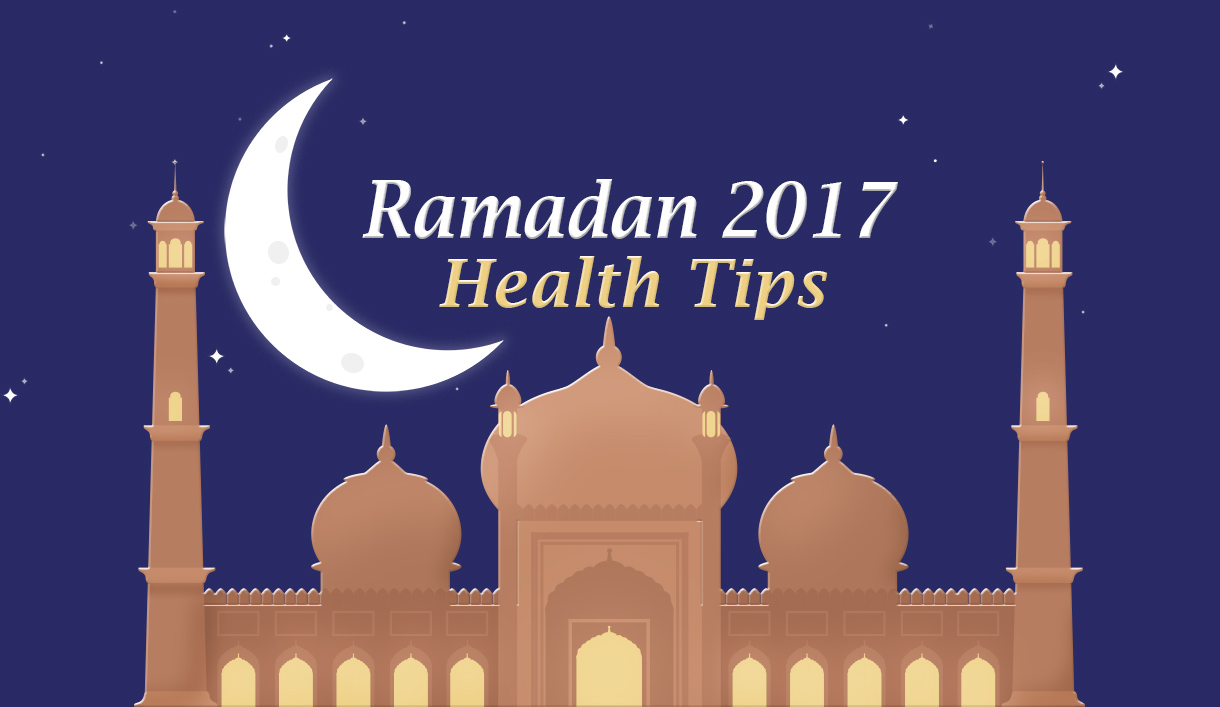
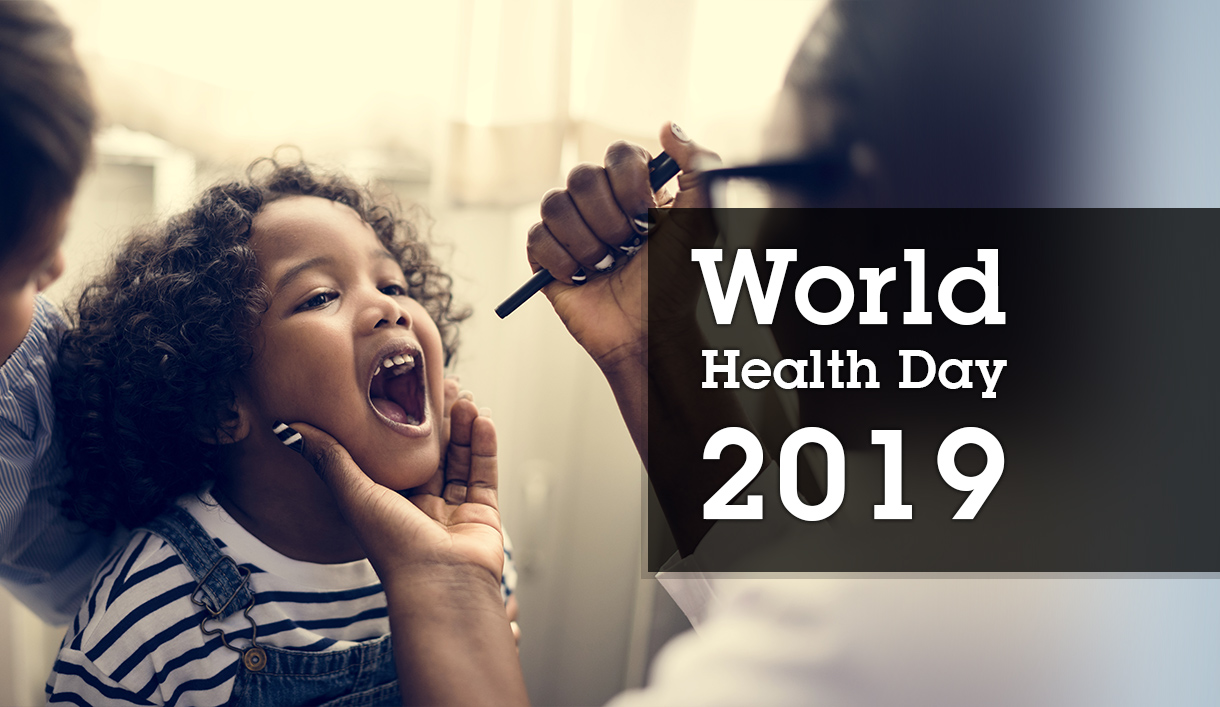
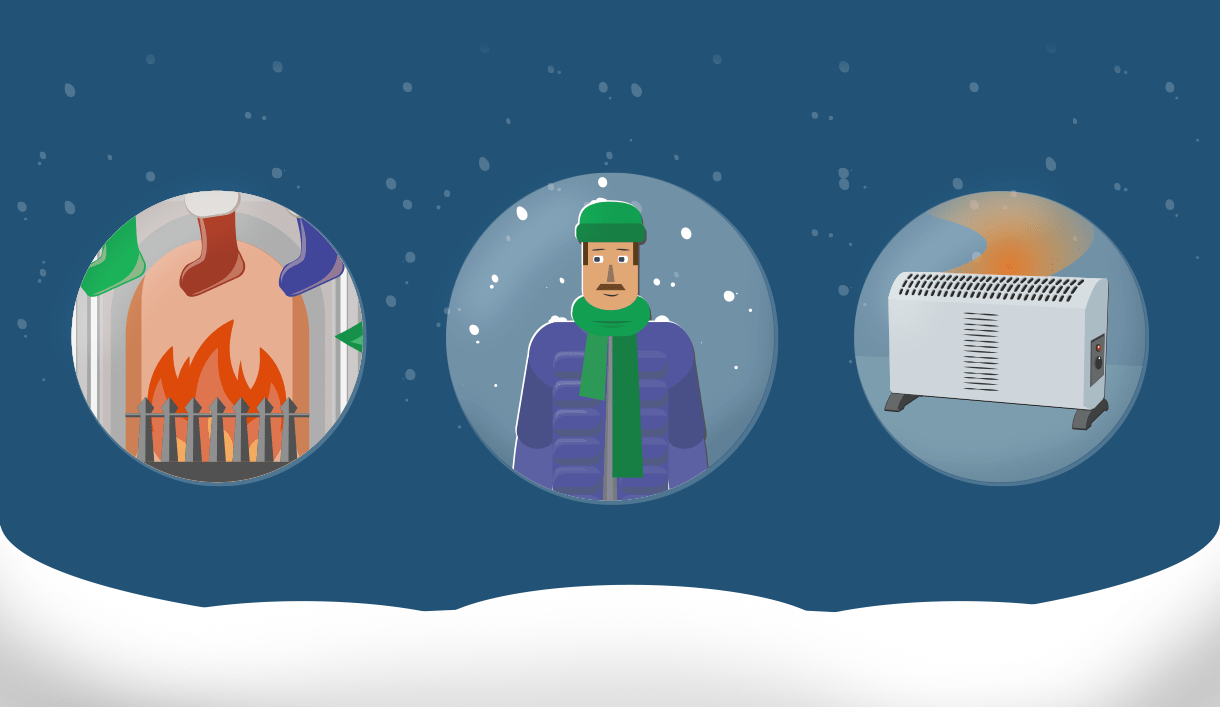

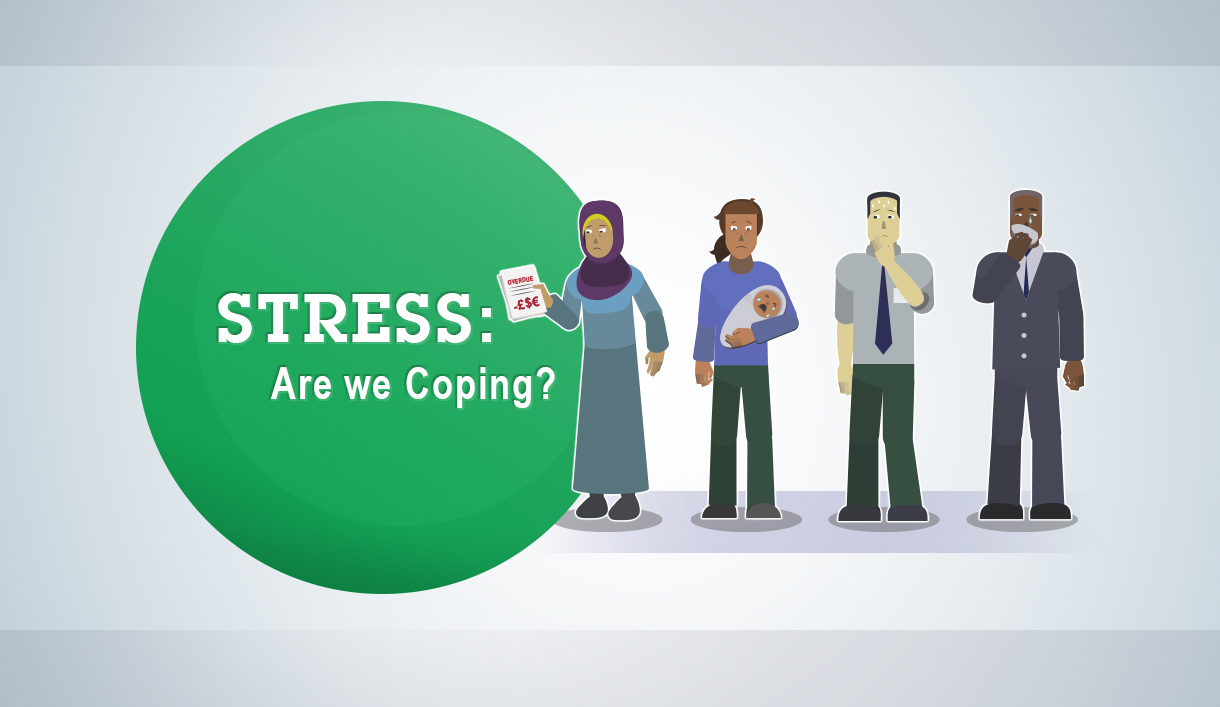

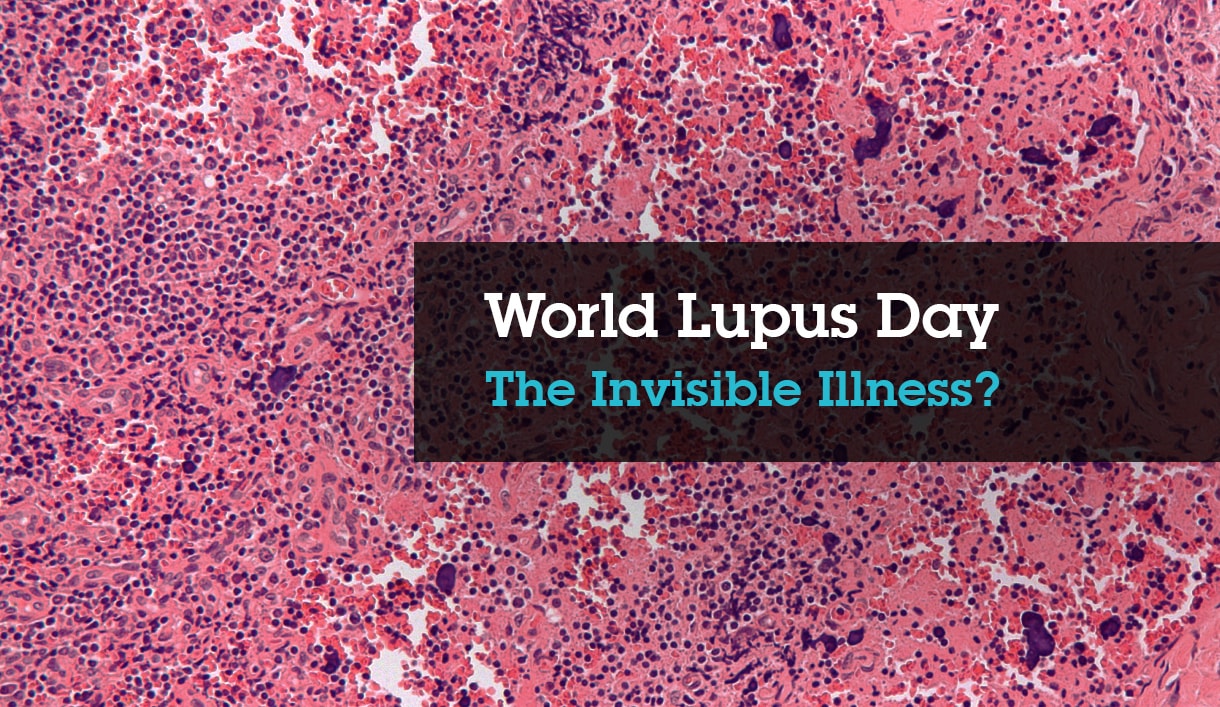
Leave a Reply
Want to join the discussion?Feel free to contribute!